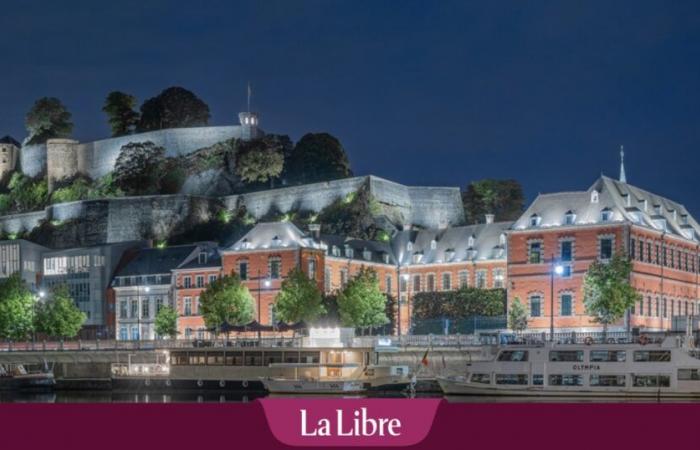In addition to this permanent council organizing the deliberative commissions, it was also recommended to use popular consultations, a process authorized in Wallonia for more than five years. And this to allow the Walloon population to express their opinion on possible proposals emanating from these deliberative commissions bringing together citizens chosen by lot and deputies.
A few years ago, the debates around the means which should make it possible to bring the average citizen closer to elected officials were legion. These debates have lost their force in recent times. But the root of the problem remains. The permanent joint council as it was envisaged had the merit of offering a concrete mechanism, complementary to the possibilities offered by deliberative commissions (there has only been one until now) and popular consultations ( there have been none so far). All this even hinted at the beginnings of a mechanism close to the Swiss voting system.
For now, nothing is happening
Before the elections, things seemed certain. But since the June election and the constitution of a new majority, the establishment of this permanent council seems compromised even if all is not yet lost. The President of the Walloon Parliament, Willy Borsus (MR) sent the group leaders a document asking them if this proposal remained relevant and, if a positive response, how they planned to work on it. And since then? The budget vote, the holidays and the vagaries of Walloon political life meant that nothing happened.
The head of the Ecolo group, Stéphane Hazée, says he is disappointed. “There is no mention of this project in the regional policy declaration, other than an instrumentalization, in my eyes, of the reform of the provinces. We know that the government wants to set up a popular consultation on this question, pretending that it was the deliberative commission that suggested it, which is completely false.”
“Participatory democracy takes place in a context of growing distrust of citizens towards politics”
Participatory democracy, to which the Regional Policy Declaration (DPR) devotes three lines, is clearly not the priority of the new MR-Les Engagés government. And it is his strictest right. However, this is surprising for three reasons.
The first surprise concerns the position of the MR. Even if there remained practical questions about the establishment of this permanent joint council, the liberal political group said it was favorable to the various recommendations issued by the deliberative commission from which this idea emerged. The second relates to the position of the Engaged. Under the previous legislature, the party which was still called CDH pleaded from the opposition for the establishment of a permanent council before the deliberative commission devoted to this subject was even considered.
For these two reasons, we can always find political or even political reasons justifying this change of attitude.
The third reason to be surprised is undoubtedly more fundamental. How can we explain to the Walloons chosen by lot, who were involved in this deliberative commission, sometimes even on Sundays, that part of the Walloon political world decided in the end to sit on their findings, while it Was there a broad consensus? A way of angering people – and their friends, and their families and everyone they talk to – who have a real interest in public affairs. Politely, we will conclude that it is counterproductive.






